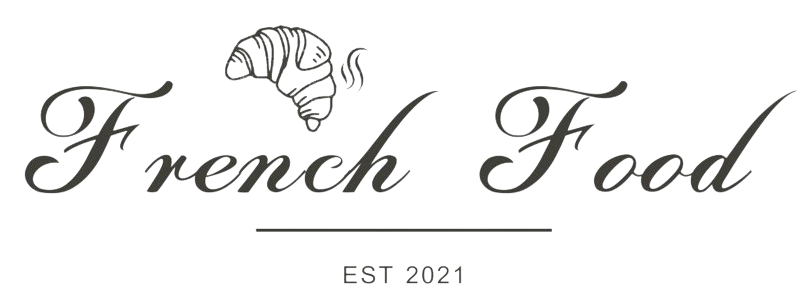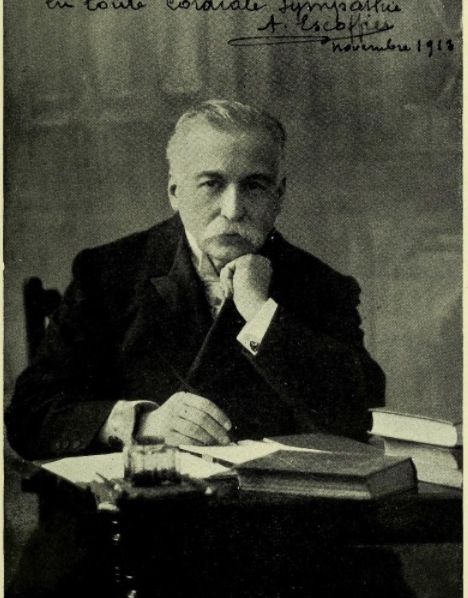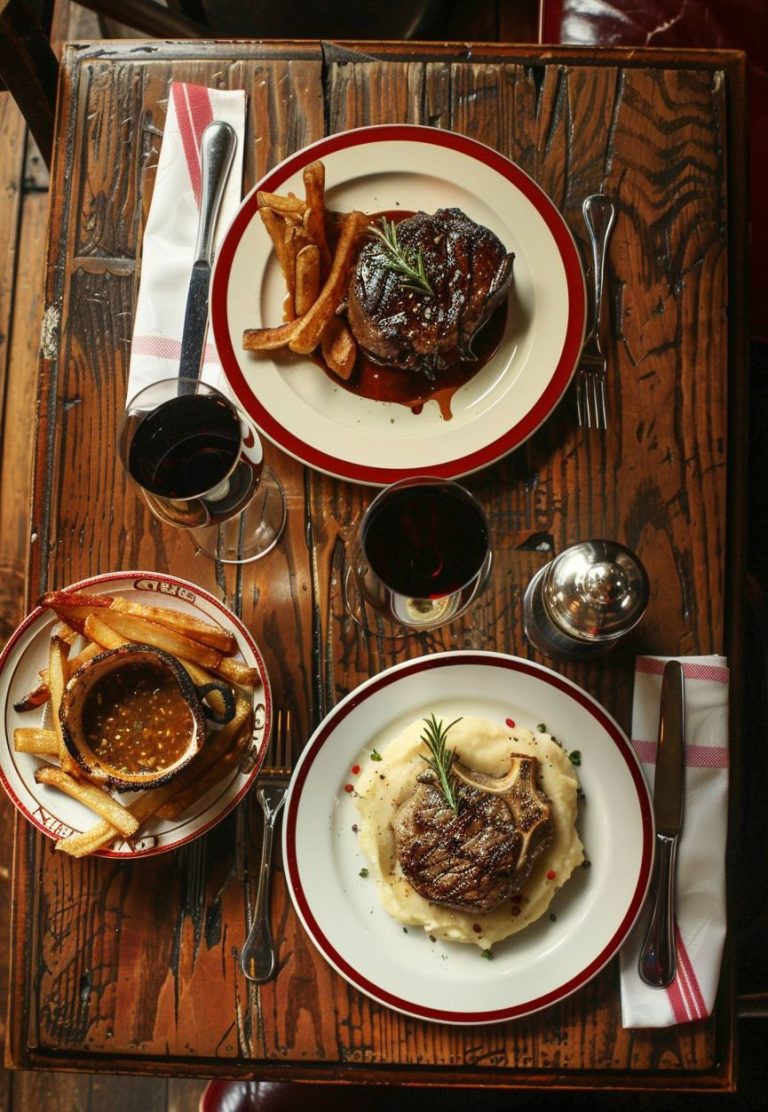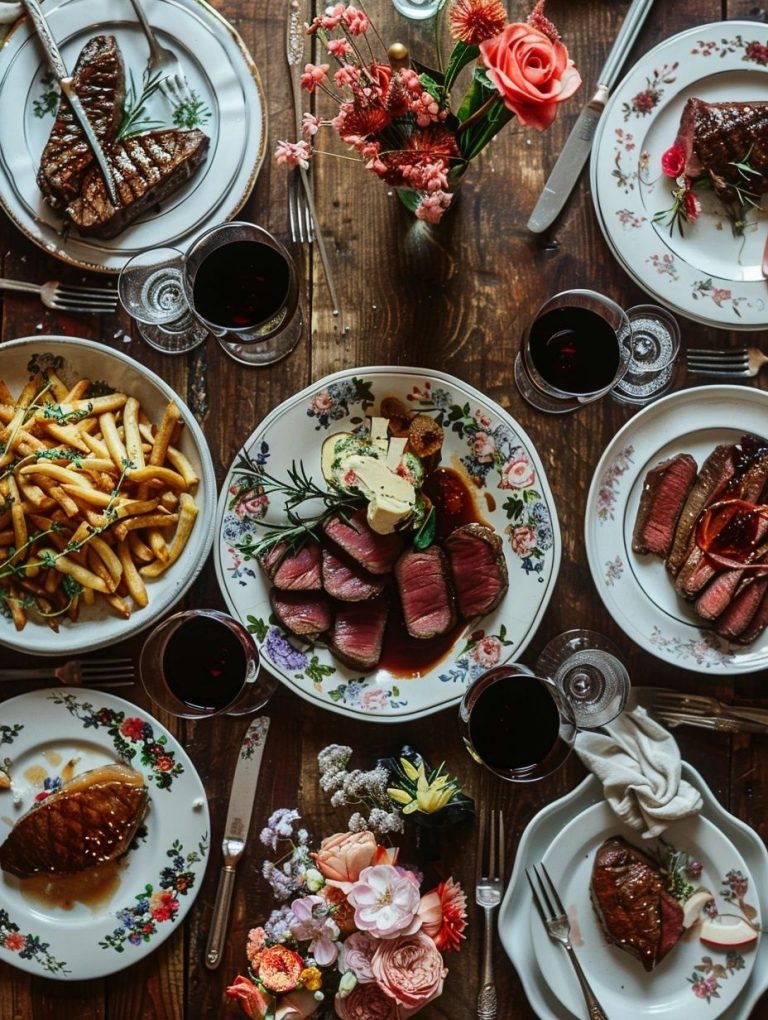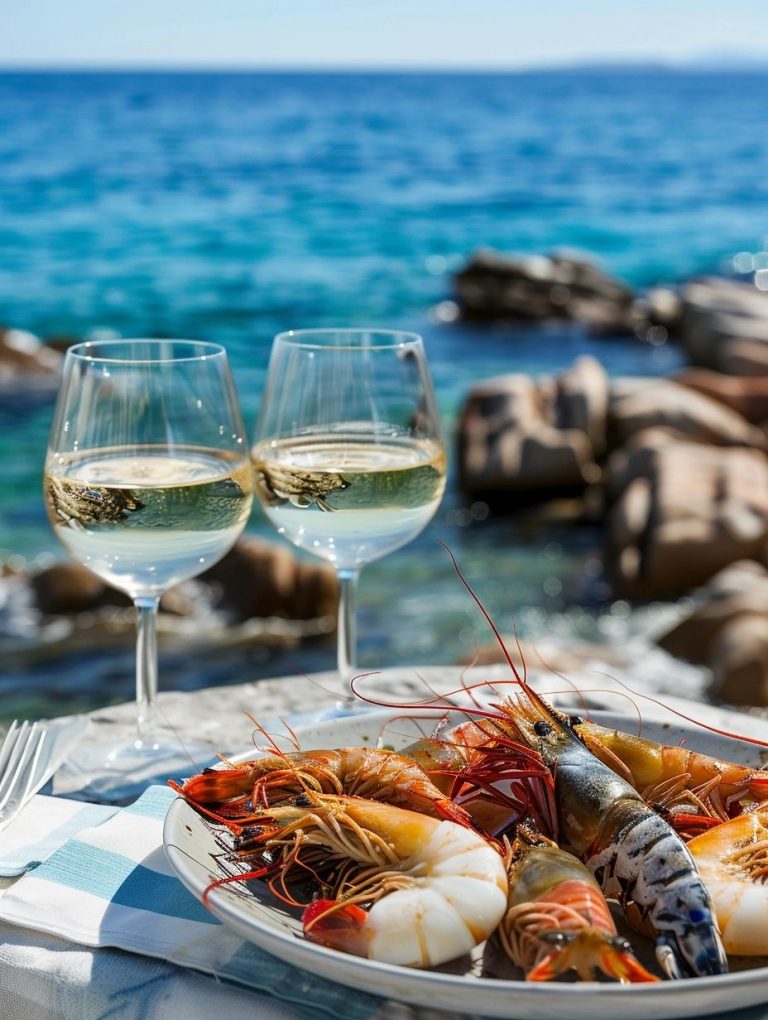How to Talk About Food in French: Phrases to Know
We may earn a commission through all links on this website. As an Amazon Associate, we earn from qualifying purchases.Bonjour, food lovers! 🥖🍷
If there’s one thing the French are known for (aside from their impeccable fashion sense and the Eiffel Tower), it’s their cuisine. From the buttery croissants of Parisian bakeries to the delicate escargots of Burgundy, French food is celebrated worldwide for its elegance, richness, and flavor. Whether you’ve daydreamed about wandering through the lavender fields of Provence or sat at a quaint café sipping on a café au lait, there’s no denying the allure of French gastronomy.
But what if, on your next adventure, whether to a local French bistro or the streets of Lyon, you could discuss and order food like a true native? Imagine the feeling of accomplishment when you savor the taste and engage in authentic conversations about it, in French! In today’s post, we’re exploring the linguistic world of French food. I’ll share essential phrases and vocabulary to elevate your dining experiences and make them as delightful linguistically as they are gastronomic.
So, put on your beret, grab a glass of Bordeaux, and let’s improve our French language skills one dish at a time. Bon appétit!
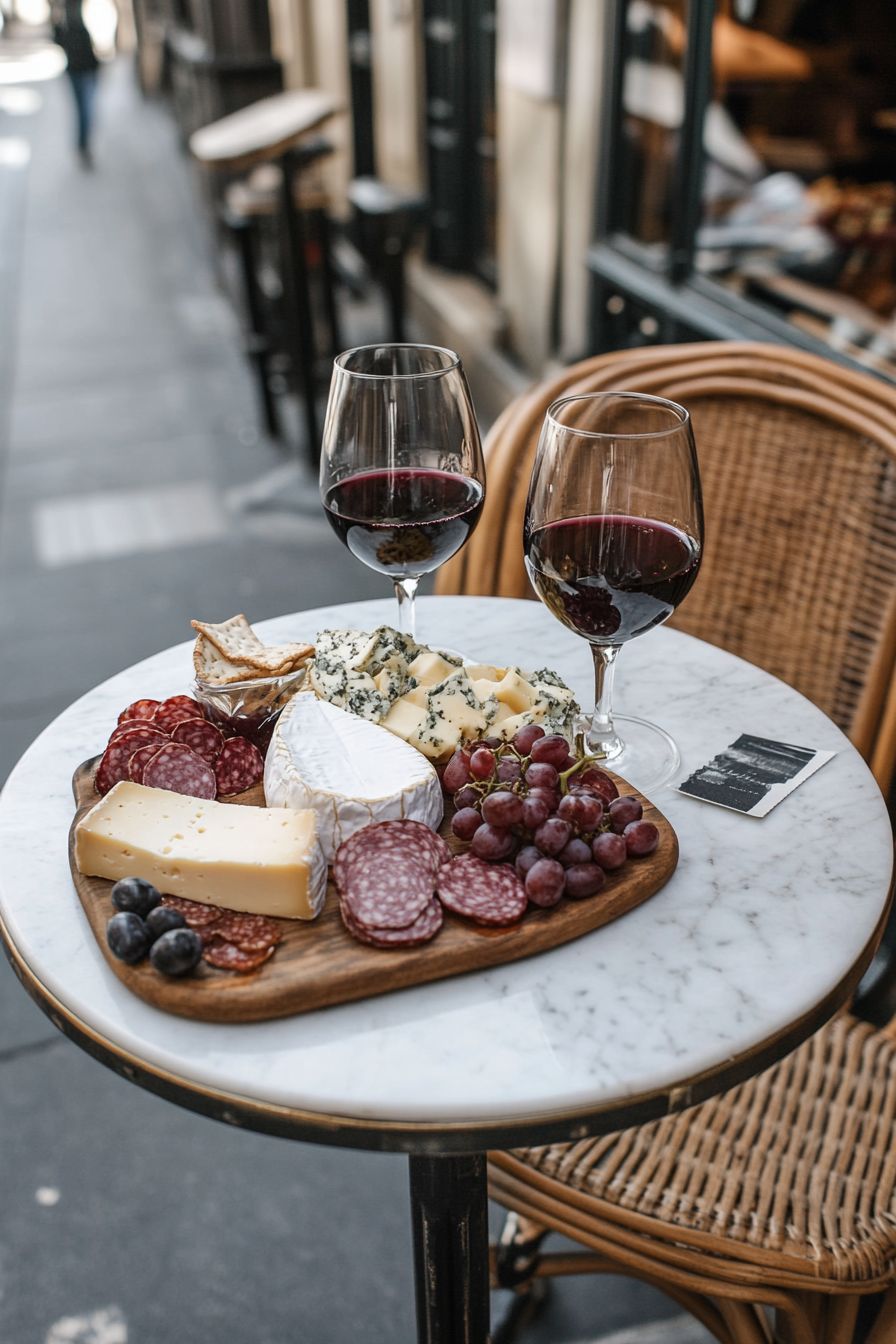
Essential French Food Translations
Here are some essential French sentences and phrases that will come in handy when discussing or ordering food:
- What would you recommend? – Qu’est-ce que vous recommandez?
- I’m hungry. – J’ai faim.
- I’m thirsty. – J’ai soif.
- Do you have a menu in English? – Avez-vous un menu en anglais?
- I’d like to order… – Je voudrais commander…
- Can I have the bill/check, please? – L’addition, s’il vous plaît?
- I’m a vegetarian. – Je suis végétarien(ne).
- I’m allergic to nuts. – Je suis allergique aux noix.
- I’d like a table for two, please. – Je voudrais une table pour deux, s’il vous plaît.
- This is delicious! – C’est délicieux!
- What is this dish? – Qu’est-ce que c’est ce plat?
- I’d like it medium rare. (for steaks) – Je le voudrais à point.
- I’d like a glass of red/white wine. – Je voudrais un verre de vin rouge/blanc.
- Do you have any vegetarian dishes? – Avez-vous des plats végétariens?
- Can I get it without garlic? – Est-ce possible sans ail?
- What are the ingredients in this dish? – Quels sont les ingrédients de ce plat?
- How is this dish prepared? – Comment est préparé ce plat?
- I’d like some water, please. – Je voudrais de l’eau, s’il vous plaît.
- Do you have a dessert menu? – Avez-vous un menu des desserts?
- Is this dish spicy? – Ce plat est-il épicé?
Food Phrases to Know
Here are some phrases you’ll come across when dining in France!
Bon Appétit
This is a common French phrase that’s used before starting a meal, wishing someone a good appetite or, in other words, “Enjoy your meal!”
I’m full
Don’t make the mistake of literally translating this phrase using your Translate app! Saying “I’m full” in French means “I’m pregnant!” Rather, in French, this is commonly expressed as “J’ai bien mangé” (I ate well) which is very polite, or “J’ai trop mangé” (“I ate too much”) or “Je suis rassasié(e)” ( “I am satisfied”).
Guilty pleasure
The term “péché mignon” translates to “small sin” or “mild sin”. In the context of food and habits, it refers to a guilty pleasure or something one enjoys even though it may be considered indulgent or bad for you.
Yum
This expression of delight doesn’t have a direct translation in French that’s universally used. However, someone might say “Miam!” or “C’est trop bon!” (It’s so good!) to express the same sentiment.
Sweet Tooth
The French phrase for someone who loves sweets and has a craving for them is “avoir un faible pour les sucreries” which translates to “have a weakness for sweets”. Another common expression is “être bec sucré”, which means “to be a sugar beak”, figuratively referring to someone who loves sweet foods.
These are just a starting point to help you navigate French dining experiences. As you delve deeper into the language, you’ll discover even more phrases and terms that will enrich your gastronomic adventures in French-speaking regions!
